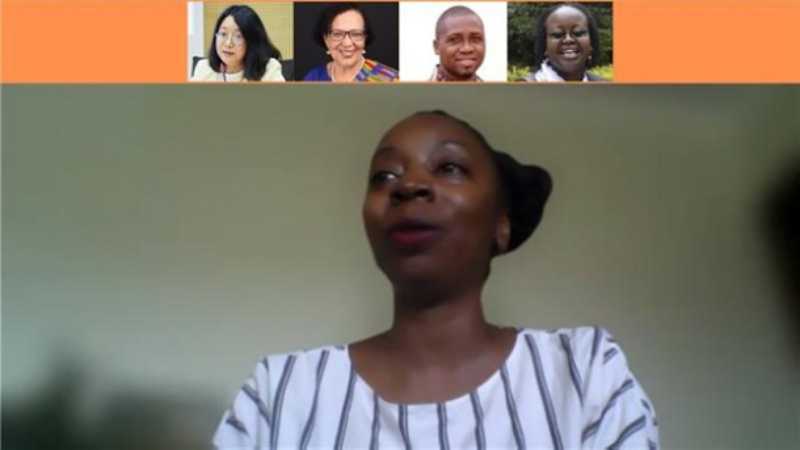By Juliet Nanfuka |
On 26 October, the Collaboration on International ICT Policy for East and Southern Africa (CIPESA) convened a regional training webinar to raise awareness of the Internet Universality ROAM-X indicators and their potential to promote Internet development to advance media freedom and digital rights in Africa. ), The UNESCO Information for All Programme (IFAP) and International Programme for the Development of Communication (IPDC) jointly supported the training.
Present at the meeting were PROTEGE QV (Cameroon), Youth Net and Counselling, YONECO (Malawi), namTshuwe (Namibia), Digital Shelter (Somalia), and CIPESA (Uganda). Each partner presented the state of digital rights in their respective country as a foundation for discussing the ROAM-X indicators with Malawi and Somalia hosting physical convenings.
In her opening remarks, Dorothy Gordon, Chair of UNESCO’s Internet For All Programme (IFAP) stated: “There is a need to take control of the digitally mediated future and understand the impact of policies on our digital environments: the ROAM-X indicators give stakeholders factual tools to discuss and advocate for the future we want to see in Africa.”
Xianhong Hu, UNESCO’s Programme Specialist representing IFAP Secretariat, unpacked the 303 the Internet Universality ROAM-X indicators and elaborated on the eight-step multi-stakeholder methodology of conducting national assessments. She highlighted that the unique value of applying ROAM-X indicators is to improve national digital ecosystems and foster cross-border and cross-jurisdictional digital collaboration.
UNESCO encouraged more African countries to pursue a ROAM-X assessment as a tool to evaluate the ever-changing developments in technology, reverse the digital divide, and to harness digital transformation. Given the launch of the Namibian national assessment and the follow-up ROAM-X assessment in Kenya, as well as the monitoring of new developments following the Covid-19 pandemic and the 2022 national elections, incorporating ROAM-X assessment is critical.
UNESCO and CIPESA jointly reaffirmed the need for increased mobilisation using the multistakeholder approach to ensure an open and inclusive implementation process, and to scale up Internet development in African countries over the next two years.
Participants urged UNESCO to continue its support in organising more capacity-building activities to meet the growing demand to assess ROAM-X indicators in African countries.
All participants were invited to continue their engagement with UNESCO and attend its events at the December 2022 Internet Governance Forum (IGF), in Addis Ababa, Ethiopia which include sessions on the ROAM-X indicators, a Day-0 pre-event and a Dynamic Coalition session.

